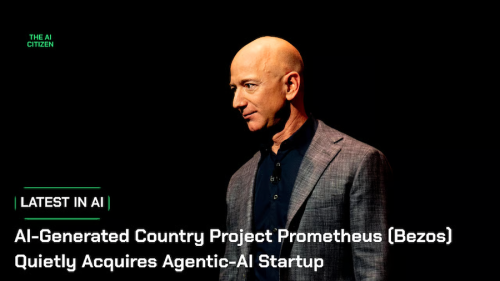The internet has evolved beyond a communications medium. It’s an essential platform for the free flow of information, impacting individuals, society and the entire world. To keep today’s increasingly connected world free and secure, and to ensure that everyone may operate with privacy, the technology community, governments and corporate boardrooms need to invest in digital trust.
In recognition of the internet’s transformative role, the U.S. government, together with 60 global partners, issued the Declaration for the Future of the Internet. Intended to address today’s opportunities and challenges worldwide, the declaration is dedicated to “a positive vision for the Internet.” It pledges to support an internet that’s “open, free, global, interoperable, reliable, and secure.”
The declaration also affirms principles such as protecting people’s foundational rights and freedoms, promoting the unfettered flow of information and enabling affordable connectivity for everyone. The most important principles in the declaration, however, are a commitment to “promote trust in the global digital ecosystem, including through protection of privacy” and “protect and strengthen the multistakeholder approach to governance that keeps the Internet running for the benefit of all.”
Digital trust is the foundation of these interactions, helping us build, participate in and develop this increasingly connected world. It allows people to feel confident that their online transactions, interactions, business processes and other activities remain safe and secure.
The original article was posted at Forbes.
The Boston Global Forum (BGF), in collaboration with the United Nations Centennial Initiative, released a major work entitled Remaking the World – Toward an Age of Global Enlightenment. More than twenty distinguished leaders, scholars, analysts, and thinkers put forth unprecedented approaches to the challenges before us. These include President of the European Commission Ursula von der Leyen, Governor Michael Dukakis, Father of Internet Vint Cerf, Former Secretary of Defense Ash Carter, Harvard University Professors Joseph Nye and Thomas Patterson, MIT Professors Nazli Choucri and Alex ‘Sandy’ Pentland, and Vice President of European Parliament Eva Kaili. The BGF introduced core concepts shaping pathbreaking international initiatives, notably, the Social Contract for the AI Age, an AI International Accord, the Global Alliance for Digital Governance, the AI World Society (AIWS) Ecosystem, and AIWS City.










